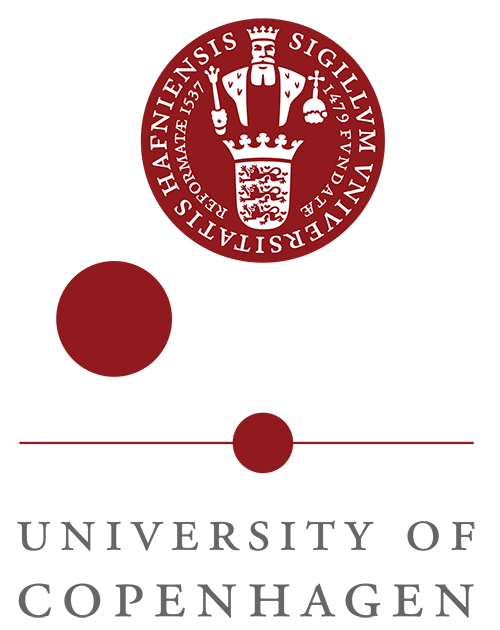Abstract 1 for Box 5
Per Hasle
On account of the style as well as certain concrete remarks this paper seems to have been first conceived as a manuscript for a talk given to visiting Polish logicians in 1962 (in a sense a follow-up to Prior's Poland tour 1961 - where Prior took part in the 1961 International Colloquium on Methodology of Science, Warsaw). Remarks like the following ones should underpin the observation above: "Here in Manchester we have Czeslaw Lejewski..." (p. 10), "Polish visitors to England might well find these colloquia [some logic colloquia just mentioned by Prior] worth attending, and would certainly be welcome there" (p. 14). The paper takes as its point of departure the dispute between Ordinary Language Philosophy (in its various versions) and "logic", more specifically, those intellectuals holding that formal logic is important for and in philosophy. It is noted that the attack on "logic" in this sense "is not the prevailing mood of English philosophy today. When in 1958 Stephen Toulmin produced a sustained and lively attack on formal logic in 'The Uses of Argument', maintaining that logicians should proceed like lawyers rather than like mathematicians, its message was already out of date and has largely fallen on deaf ears." (p. 3). (Interestingly, Prior in a modified form made use of this notion in 1967a, stating that "The logician must be rather like a lawyer - not in Toulmin's sense, that of reasoning less rigorously than a mathematician - but in the sense that he is there to give the metaphysician, perhaps even the physicist, the tense logic that he wants, provided that it be consistent. He must tell his client what the consequences of a given choice will be ... and what alternatives are open to him; but I doubt whether he can, qua logician, do more." [1967a, p. 59].) Having explained how logic "survived" the tide of Ordinary Language Philosophy, Prior goes on to describe the state of 'logic in England today' by summarising the views and interests of the main personalities in the field (p. 8). He briefly describes the work of the following logicians: C. A. Meredith, C. Lejewski, Ivo Thomas, William and Martha Kneale, P. T. Geach, T. J. Smiley, Michael Dummett, E. J. Lemmon, plus a number of mathematicians. His remarks on Meredith are especially interesting, and take up more place than those on any other logician. It was about this time, 1962, that Prior had finished editing Meredith's 'Computations and speculations, see Meredith book/First folder/box 8). He describes how Meredith "has a modal system with a contingent constant n for 'the world' in Wittgenstein's (Tractatus) sense of 'everything that is the case' - the logical product of all true propositions" (p. 9). "Meredith's n ... has such laws as CpLCnp - any true proposition is strictly implied by n, since it is a conjunct of it." (p. 10). It is obvious that these ideas in part anticipate Prior's later ideas of 'instant propositions'(see also 1965c and 1967a, p. 82, p.208).



Per F. V. Hasle ©
-
Department of Information Studies
-
University of Copenhagen
-
South Campus, build. 4
-
Njalsgade 76
-
DK-2300 Copenhagen S
-
Denmark
- per.hasle@hum.ku.dk
Peter Øhrstrøm ©
-
Department of Communication and Psychology
-
Aalborg University
-
Rendsburggade 14
-
DK-9000 Aalborg
-
Denmark
- poe@hum.aau.dk
David Jakobsen ©
-
Department of Communication and Psychology
-
Aalborg University
-
Rendsburggade 14
-
DK-9000 Aalborg
-
Denmark
- davker@hum.aau.dk
